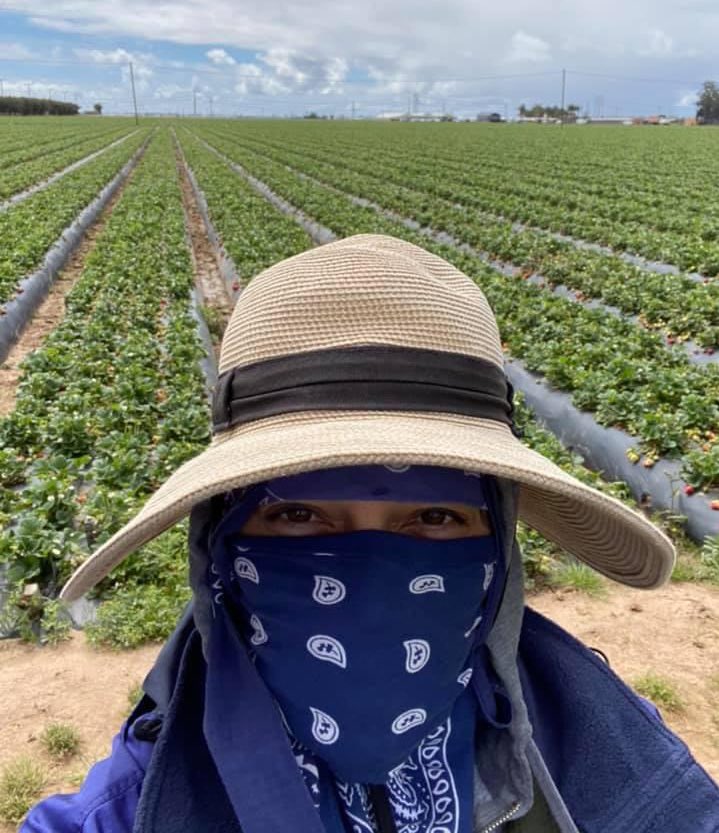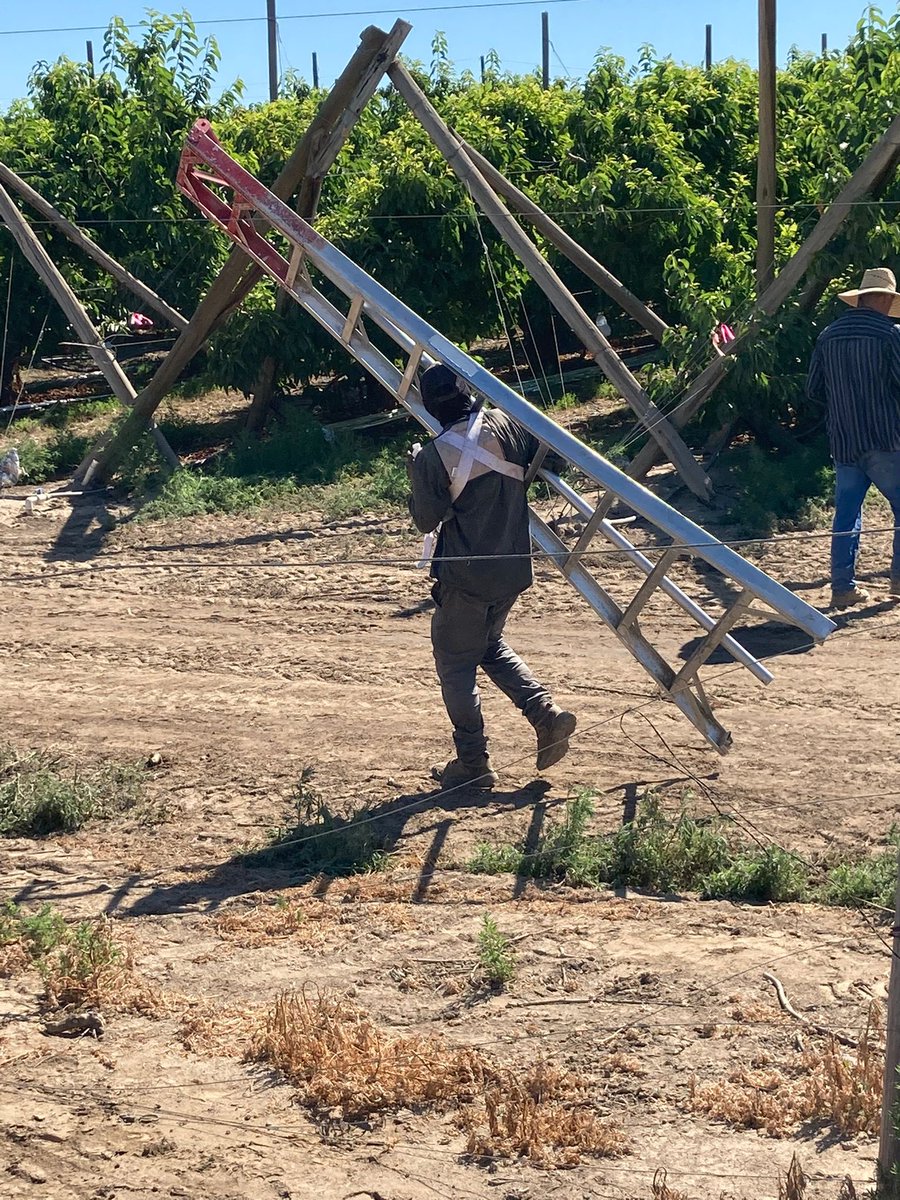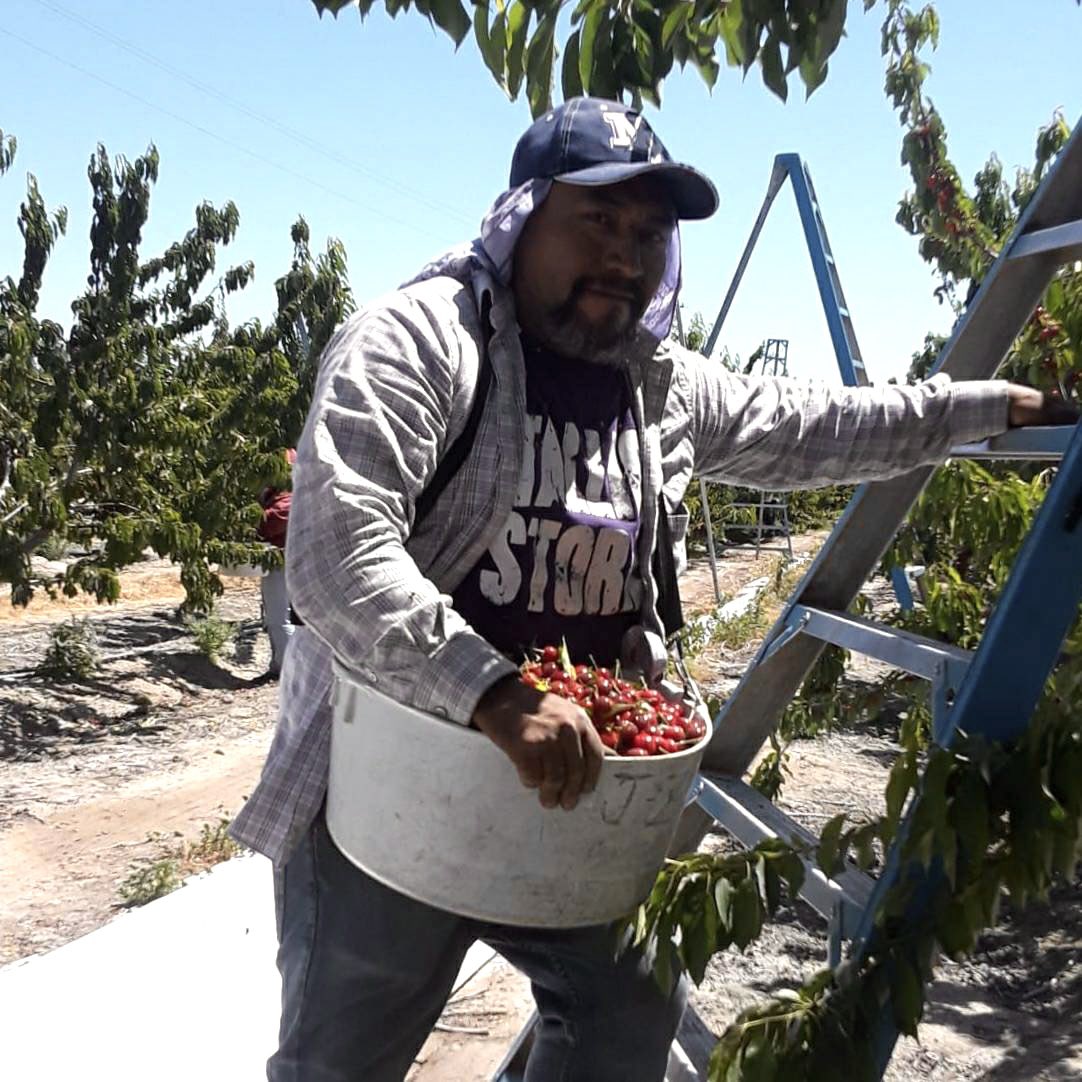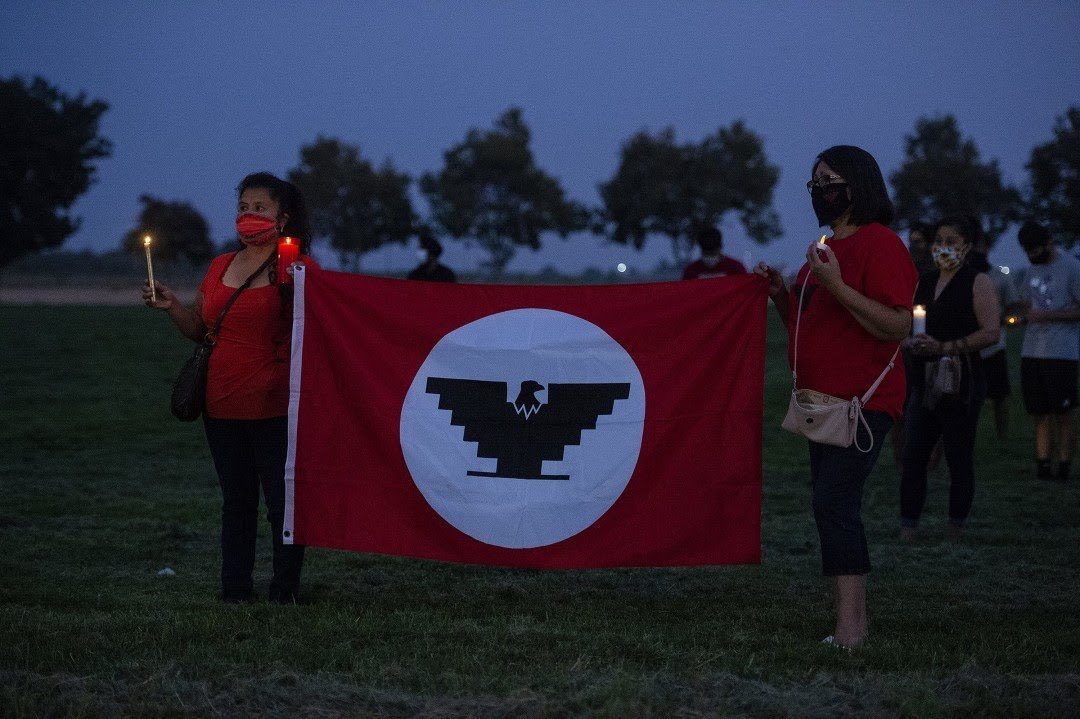
We often get asked why we cover our skin even in hot weather. Why do we need long pants, long sleeves and head/face coverings in 100+ weather?
Reason one: health experts advise anyone to dress in light layers to keep cool when working in the sun. (1/thread) #WeFeedYou
Reason one: health experts advise anyone to dress in light layers to keep cool when working in the sun. (1/thread) #WeFeedYou

Even pre-covid, we covered our faces to protect ourselves from inhaled irritants and toxins. Pesticides, dust, or even crop debris such as the tiny hairs on okra vines can damage lungs. So can Valley Fever, a fungal infection caused by inhaled particles. aghealth.ucdavis.edu/news/research-… 

Some crops are toxic in themselves, like tobacco. Handling fresh tobacco is hazardous — nicotine is readily absorbed through the skin and it is neurotoxic.
This is particularly dangerous to children (and yes it is legal for children to harvest tobacco). theatlantic.com/family/archive…
This is particularly dangerous to children (and yes it is legal for children to harvest tobacco). theatlantic.com/family/archive…
Many plants are “phytotoxic” which means their fresh juice is caustic to the skin when combined with sunlight. Sometimes called “celery blisters,” this painful reaction to celery, carrot and many other juices can cause extensive and permanent skin damage. medicalnewstoday.com/articles/319001 

Pesticides especially haunt farm worker parents. When we get home, we don’t hug our kids until we change clothes. We cover seats in our cars, and wash our clothes separately from our children’s clothing.
We had bans on DDT in our union contract years before the EPA banned it.
We had bans on DDT in our union contract years before the EPA banned it.

In many places we work, the presence of rattlesnakes means we need to wear jeans and boots. This past week in Yakima County, WA hundreds of workers using headlamps were harvesting at night to avoid extreme heat. That’s rattlesnake country! 

Of course our work also means a lot of cuts and scrapes. Whether we’re using a machete to harvest brussel sprouts or just hand harvesting limes. (Did you know lime trees are covered in thorns?) 

In conclusion, we are completely covered up at work so we aren’t cut, burned, stung, bitten, poisoned, maimed or scorched to death at the end of a workday. #WeFeedYou 

If you learned something new (or feel bad about throwing away food we worked so hard to provide) you can always donate here.
Donations will help us keep doing everything we can to save lives and help each other.
ufw.org/heatdonate
Donations will help us keep doing everything we can to save lives and help each other.
ufw.org/heatdonate
• • •
Missing some Tweet in this thread? You can try to
force a refresh












